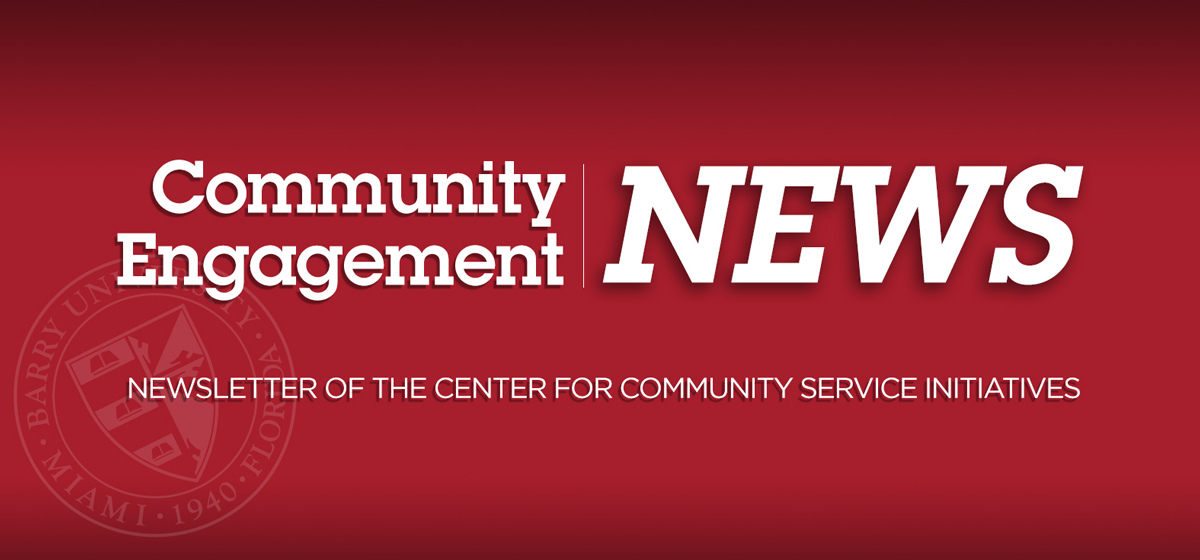May 10, 2021
IN THIS ISSUE
- Experiential Learning Book by Faculty Learning Community Members Slated for Summer Release
- Students Improve Websites of Four Local Community Organizations
- Community Engagement at Barry Over the Years: A Pictorial Report
- Volunteers Participate in Ecological Restoration Project at Beach Park
Experiential Learning Book By Faculty Learning Community Members Slated For Summer Release
Chapters Highlight Innovative Approaches

A book on experiential learning by members of Barry’s Faculty Learning Community for Engaged Scholarship will be released soon.
“Experiential Learning in Higher Education: Issues, Ideas, and Challenges for Promoting Peace and Justice” will hit the bookstands by midsummer, the publisher has indicated.
According to Information Age Publishing, the volume focuses on best practices in experiential learning. Chapters address service-learning, community-based research, and other experiential learning methods, highlighting innovative approaches, successes, and issues of concern. The book also demonstrates the interdisciplinary nature of experiential education, the publisher says.
Chapters include “Community-Focused Experiential Learning: Creating Conditions for Fostering Social Responsibility,” by Glenn A. Bowen; “Exploring a Critical Model of Faculty Engagement With Service-Learning Programs,” by Heidi Whitford; and “The Germination of an Engaged Scholar: From Tilling the Soil to Growing the Tree,” by Pamela D. Hall.
Ligia A. Mihut contributes a chapter titled “Multilingualism in the Home, Workplace, and Community: Lessons From an Experiential Learning Project”; Gerene K. Starratt a case study on community-based research as an approach to experiential learning in methodology of research; and Laura L. Finley a chapter on a campus–community coalition to address dating and domestic violence.
“Global Service-Learning as an Avenue to Address Social Determinants of Health” is coauthored by Mureen L. Shaw and Glenn A. Bowen. Similarly, “Building Minds and Organizations Through Conversational Learning” is coauthored by Sheila M. McMahon and Dale E. Hartz.
A chapter by Celeste Landeros with three of her students is titled “Acting Like a Prince, Dancing Like a Queen, Singing Like a Cop: Promoting Peace and Justice Through Community-Engaged Film and Theater in General Education Arts Courses for Adults.” In another chapter, Ruth Ban and three colleagues reflect on how novice researchers developed as social justice advocates.
The Foreword is written by Patrick M. Green, a nationally known experiential learning scholar-practitioner.
The Faculty Learning Community (FLC) is a cross-disciplinary group of faculty members who participate in a collaborative program focused on community-engaged scholarship. Formed in 2012, the FLC promotes the pursuit, advancement, and application of knowledge to benefit the wider community.
Students Improve Websites Of Four Local Community Organizations
Students taking the Technical and Scientific Research, Writing, and Editing course this semester have improved the websites of four local community organizations.
Supervised by their professor, Dr. Andrea Greenbaum, the students removed old content, reorganized information on the web pages, displayed programs and resources more prominently, and made key information more accessible to the browsing public.
A New Start: Financial and Social Services, Haitian Youth and Community Center of Florida (HYCCF), Sant La Haitian Neighborhood Center, and Fed Fam 4 Life benefited from the students’ service. The students conducted a needs assessment before putting their knowledge and skills to work in service to the community.
Nadie Mondestin, executive director of HYCCF, and Andrew Hoo, executive director of A New Start, commended and thanked the students for their service.
Reporting on their projects, the students said that, in some instances, they decluttered web pages. They also added the organizations’ mission statement and location details to homepages. In addition, they added contact details, links to social media accounts, and donation links.
Shannon Haropolous, who helped to update the Sant La website, appreciated the opportunity to connect with the community. Her teammate, Phylecia Etienne, learned about resources available from the community partner.
The Center for Community Service Initiatives (CCSI) provided assistance. Dr. Heather Johnson Desiral, project assistant for Barry’s Quality Enhancement Plan, represented the CCSI.
Community Engagement At Barry Over The Years: A Pictorial Report
of a
Four-Part Feature























Volunteers Participate In Ecological Restoration Project At Beach Park

To mark Sustainability Saturday, a small group of Barry volunteers, together with three groups of high school students, participated in an ecological restoration project at historic Virginia Key Beach Park. They removed non-native, invasive plants that could damage the ecosystem.


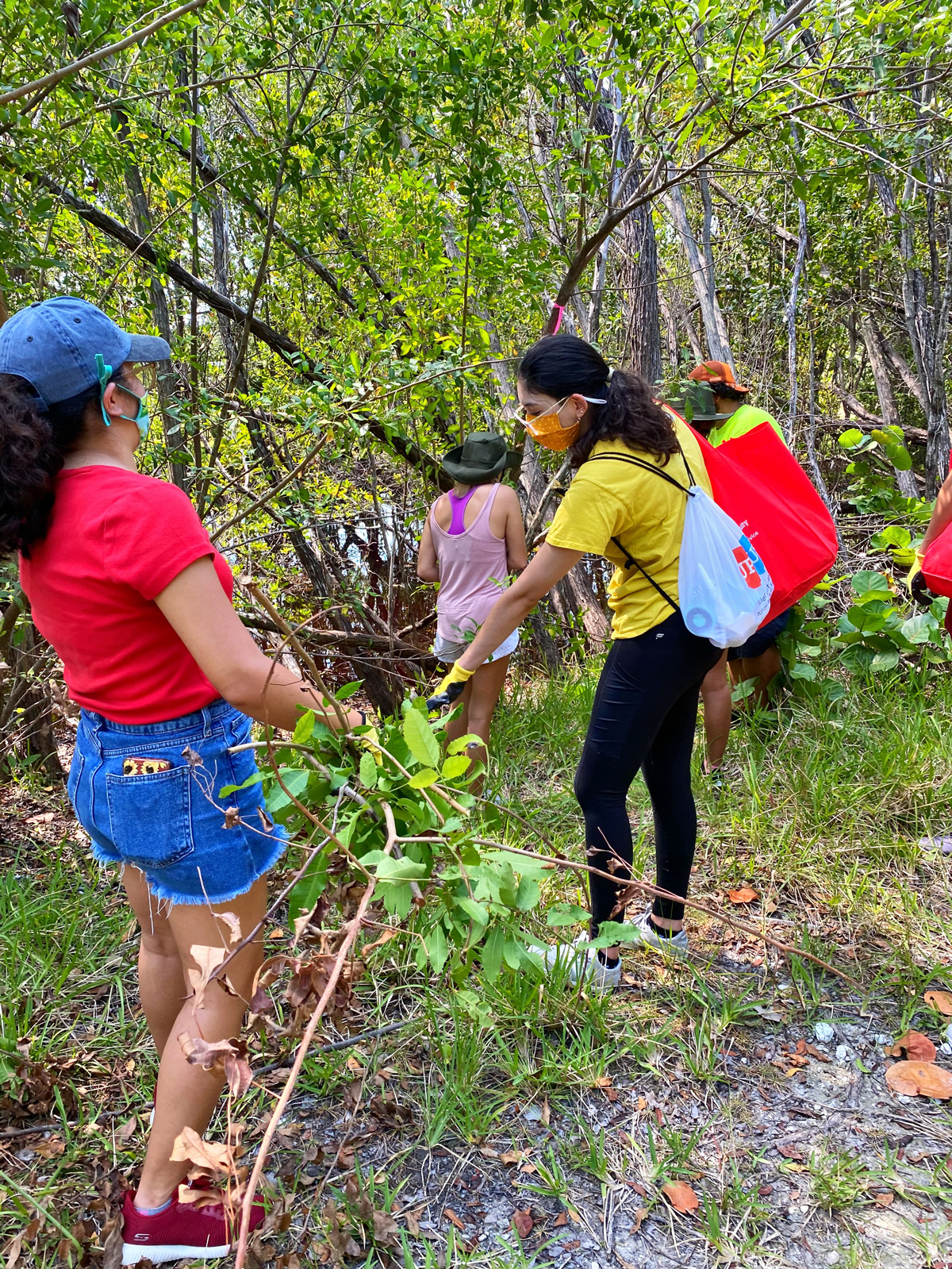
April 17 was Sustainability Saturday, a major day of service during Barry’s Earth Week. It was an occasion to promote recognition of “the sacredness of Earth,” the project organizers explained.
STUDENT LEADERS RECEIVE AWARDS: Three Barry Service Corps Fellows are among this year’s recipients of Deans’ Awards and the St. Catherine Medal for Outstanding Service.
SERVICE-LEARNING SYMPOSIUM: As part of a service-learning course, social work students provided meaningful service to several community-based organizations.
BARRY UNIVERSITY TRADITIONS: The annual Community Engagement Symposium and Community Engagement Awards are now listed among Barry’s traditions.
COMMUNITY-BASED RESEARCH INCENTIVE: The Community-Based Research Incentive Program is expected to continue next academic year.
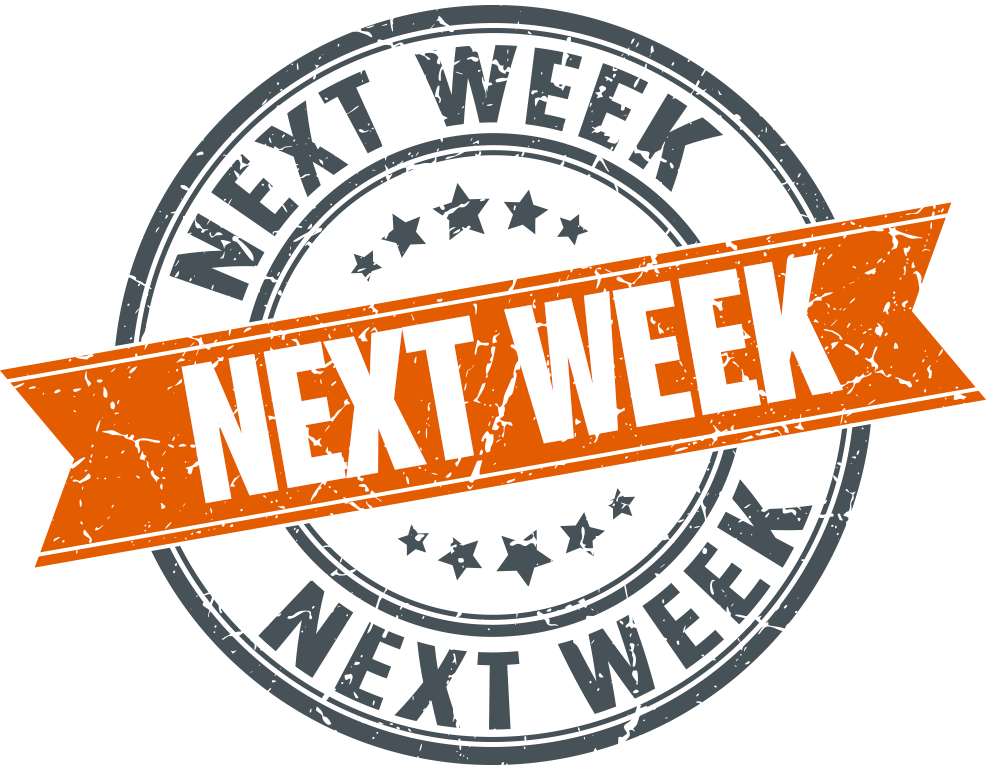
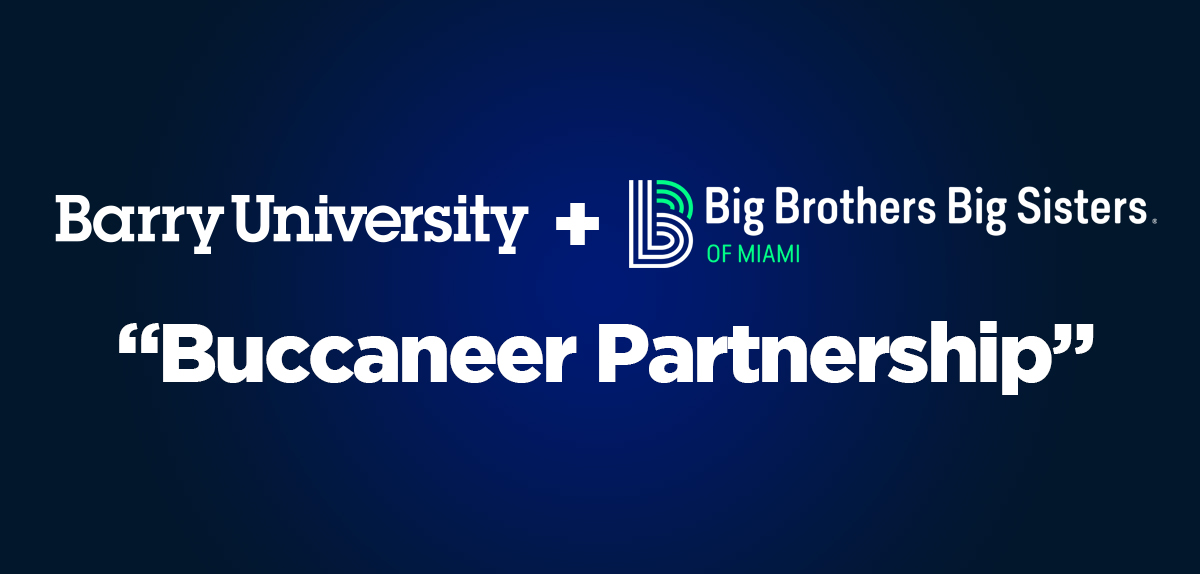
Apply to become a mentor (aka Big): https://bbbsmiami.org/volunteer/apply/
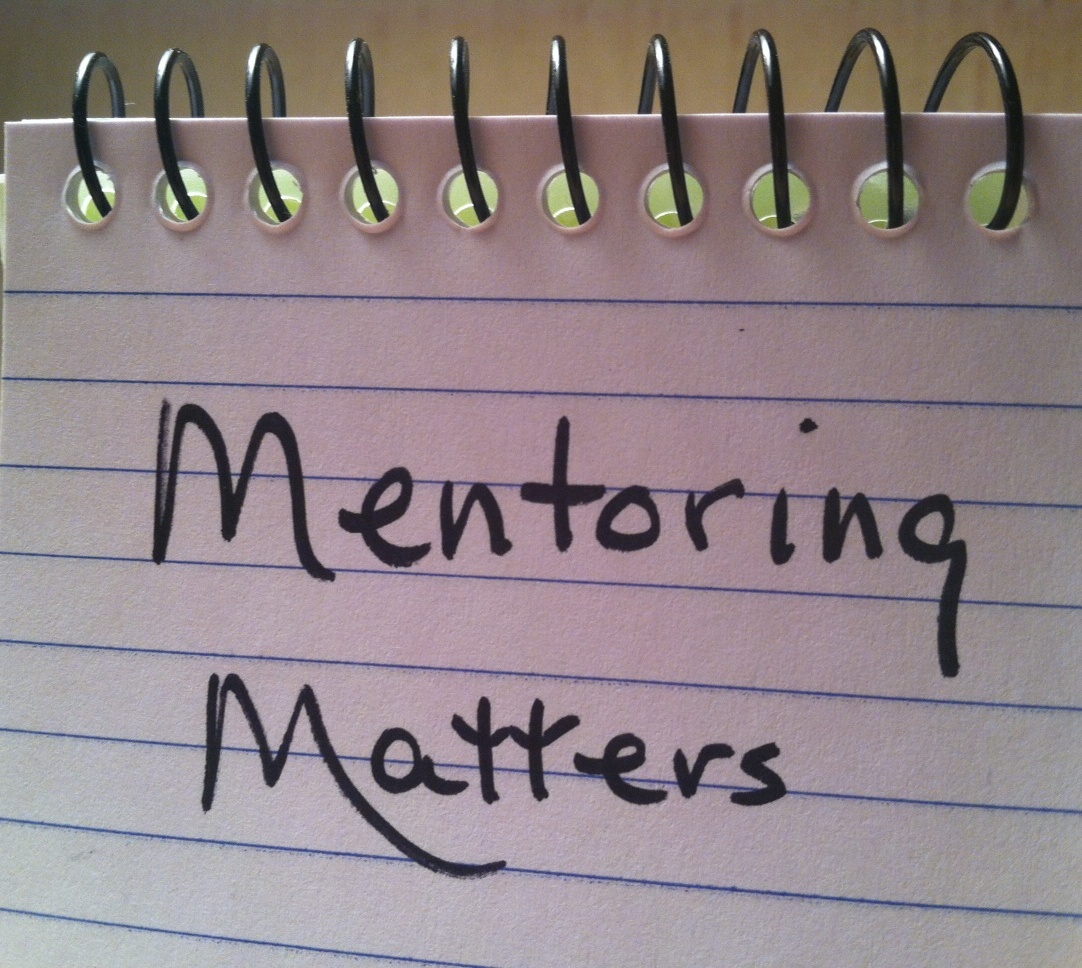

11300 NE 2nd Avenue
Adrian 208
Miami Shores, FL 33161

